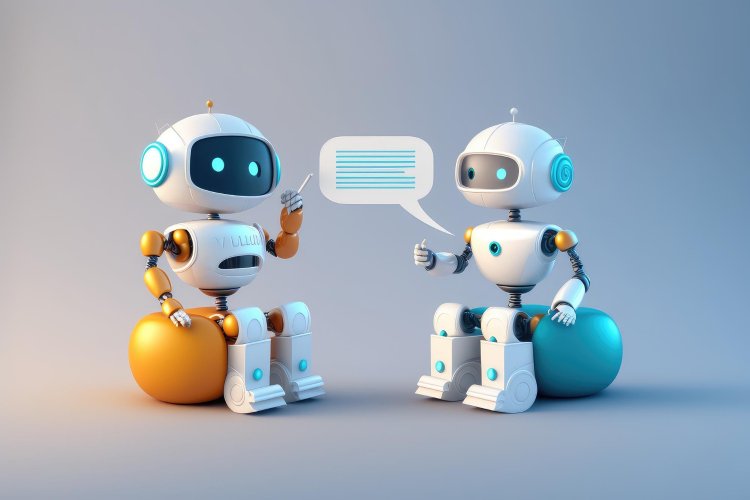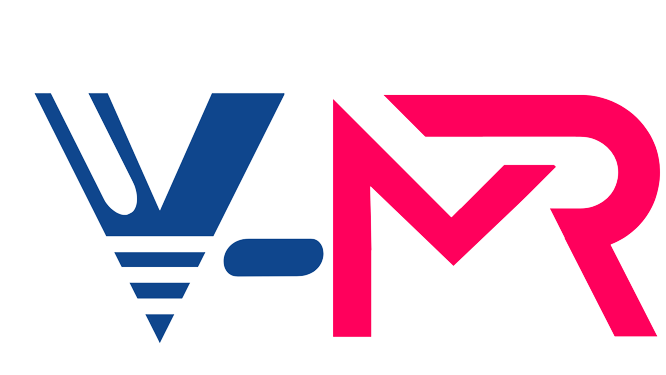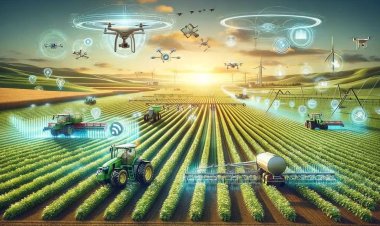Global Chatbot Market Size to Reach $27.6 Billion at a CAGR of 23.5% by 2030
Vantage Market Research expects the Chatbot Market to reach USD 27.6 Billion by 2030, exhibiting a growth rate (CAGR) of 23.5% during 2023-2030.

The Global Chatbot Market size reached USD 5.1 Billion in 2022. Vantage Market Research expects the market to reach USD 27.6 Billion by 2030, exhibiting a growth rate (CAGR) of 23.5% during 2023-2030.
Table of Contents
|
|
|
|
|
|
|
|
|
|
|
|
|
|
|
|
|
|
|
|
|
|
|
|
|
|
|
The Evolving Landscape of the Chatbot Industry
The Chatbot industry has experienced substantial growth and change in recent years, completely transforming businesses’ methods to engage with their customers. These virtual assistants, powered by artificial intelligence, have become essential to customer support, marketing, and sales operations.
Request Sample Report of Chatbot Market @ https://www.vantagemarketresearch.com/chatbot-market-2312/request-sample
Top Companies in Global Chatbot Market
- [24]7.ai Inc. (U.S.)
- Acuvate Software (UK)
- Aivo (U.S.)
- Artificial Solutions (Sweden)
- Botsify Inc. (U.S.)
- Creative Virtual Ltd. (UK)
- eGain Corporation (U.S.)
- IBM Corporation (U.S.)
- Inbenta Technologies Inc. (U.S.)
- Next IT Corp. (U.S.)
The Chatbot Revolution
Chatbots, recognized as conversational agents or virtual assistants, are software programs created to imitate human communication. They are capable of comprehending and responding to customer inquiries by using artificial intelligence (AI) and natural language processing (NLP) techniques. The rise of Chatbots was propelled by progress in AI and machine learning, which allowed for more advanced and human-like interactions.
Growth Drivers
The rapid growth of the Chatbot industry can be attributed to several factors:
- The advancement of AI and NLP algorithms has allowed Chatbots to comprehend and generate human language more accurately and subtly.
- Today's consumers anticipate immediate and personalized responses to their queries. Chatbots enable businesses to meet these demands efficiently.
- Chatbots offer a cost-saving alternative to human customer support agents, as they can handle multiple inquiries simultaneously.
- Chatbots provide round-the-clock customer support, improving user experience and engagement.
- Chatbots are able to be easily integrated into a wide range of interaction methods, including social media, messaging apps, and websites.
- Chatbots give organizations useful information about client interactions, including behavior and preferences.
Current Trends in the Chatbot Industry
The Chatbot industry is constantly evolving, and several notable trends are shaping its future:
- Businesses are creating Chatbots that are specifically tailored to their respective industries. For instance, in the healthcare sector, Chatbots are being developed to assist with medical consultations, whereas in e-commerce, they provide product recommendations and customer support.
- As companies expand their operations globally, multilingual Chatbots have become crucial for effective communication with diverse customer bases.
- More natural and intuitive communication between consumers and businesses is now possible thanks to Chatbots, which were made possible by the popularity of voice assistants like Siri, Alexa, and Google Assistant.
- Chatbots are increasingly skilled at delivering personalized experiences using user data and machine learning algorithms.
- To improve customer interactions and expedite processes, businesses combine Chatbots with various technological solutions, including marketing automation tools and CRM systems.
- Concerns regarding data security, privacy, and the moral application of AI have been brought up by the growing usage of Chatbots. This has led to the introduction of regulations and guidelines to address these issues.
Buy Now Our Chatbot Industry Report @ https://www.vantagemarketresearch.com/buy-now/chatbot-market-2312/0
Future Outlook
The Chatbot industry is set to grow and innovate in the future. One potential development is improving Chatbots' ability to have human-like conversations by utilizing advancing AI technology. They will be more capable to understand the context and have more organic conversations as a result. Another development is equipping Chatbots with emotional intelligence, enabling them to recognize and respond to users' emotions, leading to more empathetic interactions. Additionally, Chatbots seamlessly integrate with various platforms, such as web, mobile, and messaging apps, allowing users to transition between them effortlessly. To address data security and privacy concerns, Chatbot developers will focus on enhancing these areas. Furthermore, Chatbots may expand into AR and VR environments, providing customers with immersive and interactive experiences.
Conclusion
The Chatbot industry has witnessed a remarkable evolution, becoming a cornerstone of customer engagement and support for businesses worldwide. Advancements in AI and NLP technologies have propelled Chatbots to offer more personalized, efficient, and human-like user interactions. With the ability to cater to diverse industries' multilingual audiences and integrate with a wide range of platforms, Chatbots are on the cusp of even more transformative developments.
Read Our Latest Press Release: Telecommunication Market - In-depth Analysis
Contact us
Eric Kunz
6218 Georgia Avenue NW Ste 1 - 564
Washington DC 20011-5125
United States Tel: +1 202 380 9727
Email: [email protected]
Website: Vantage Market Research


















